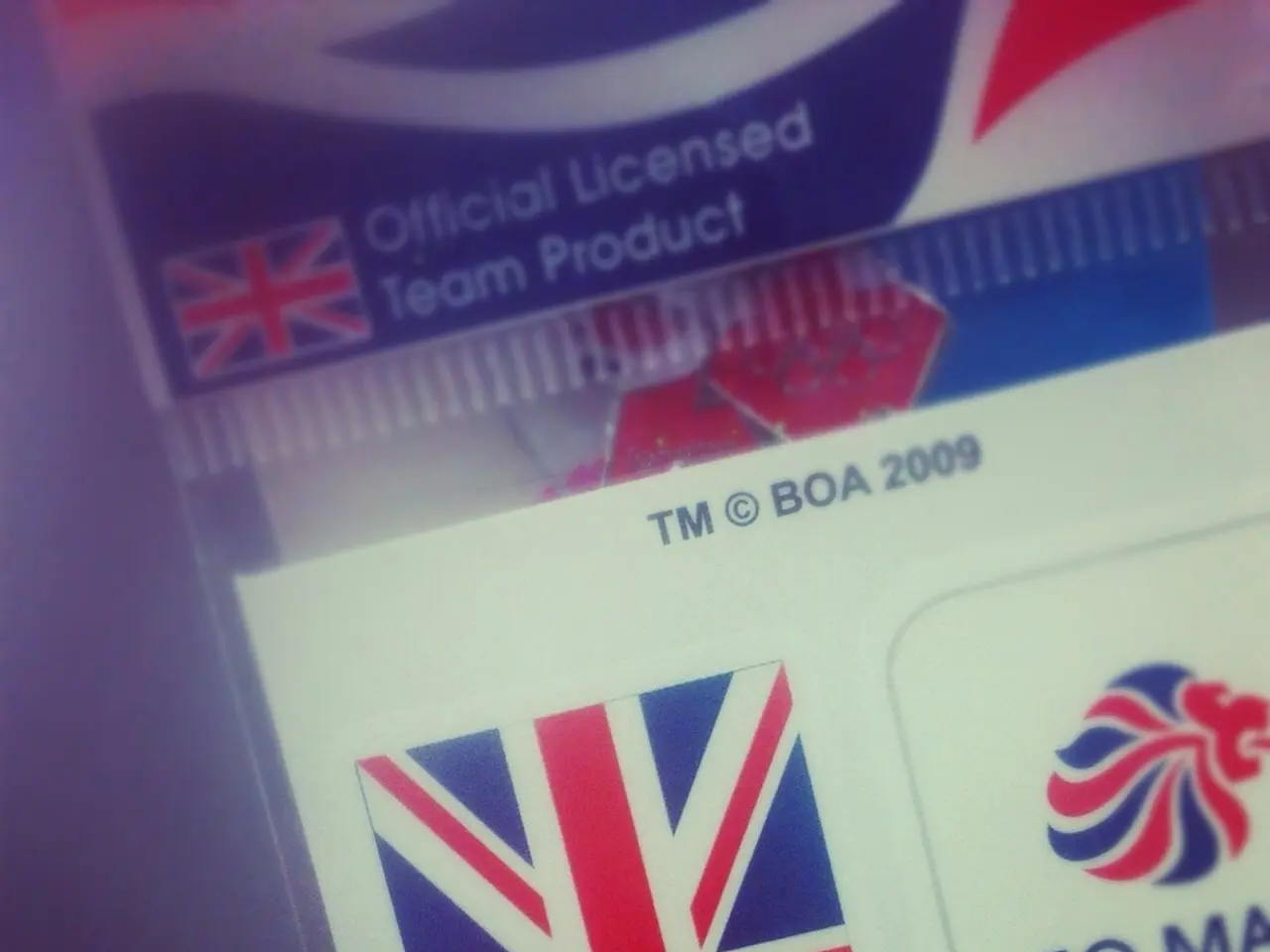Navigating Safety: Locating a Qualified, Experienced Polygraph Expert
In the pursuit of reliable polygraph results, it's essential to ensure the examiner's professional training and credibility. Here's a comprehensive guide on how to verify a polygraph examiner's qualifications, thereby avoiding unaccredited distance learning models and spurious claims.
## Key Criteria for Credibility
1. **Educational and Experience Requirements**: Examiners should hold a baccalaureate degree from an accredited college or university, or substantial professional investigative experience. Always verify these credentials directly. 2. **Specialized Training**: The examiner should have graduated from a commissioner-approved polygraph examiner course, not just any online or distance program. 3. **Internship**: Completion of a supervised internship (e.g., at least six months) is crucial for practical experience. 4. **Licensing**: Check if the examiner is licensed in a state with stringent requirements, such as Maine. 5. **Professional Associations**: Membership in organizations like the American Polygraph Association (APA) or the British Polygraph Society (BPS) can signal adherence to professional standards and ongoing education.
## Avoiding Spurious Claims and Substandard Training
1. **Beware of Online-Only or “Fast Track” Programs**: Legitimate polygraph training involves significant in-person instruction and supervised practice. Be cautious of programs offering certification solely through distance learning. 2. **Request Documentation**: Ask the examiner for proof of graduation from an accredited polygraph school, internship completion, and licensure (where applicable). 3. **Check Regulatory Compliance**: In states without licensing, the burden falls on the client to investigate the examiner’s background. 4. **Continuing Education**: Verify if the examiner participates in ongoing professional development.
## Practical Steps for Verification
1. **Ask Directly**: Request copies of diplomas, certificates, and licenses. 2. **Contact Training Institutions**: Confirm the examiner’s graduation and the nature of the program. 3. **Check Professional Rosters**: Some jurisdictions or professional groups maintain public rosters of qualified examiners. 4. **Consult Professional Associations**: The APA and similar organizations can provide guidance on qualified practitioners and recognized training programs. 5. **Interview the Examiner**: Ask about their experience, number of examinations conducted, and familiarity with current standards and guidelines.
## Summary Table: Credibility Indicators
| Indicator | Why It Matters | How to Verify | |--------------------------|------------------------------------------------|--------------------------------------| | Accredited Degree | Ensures foundational knowledge | Request diploma, verify with school | | Approved Polygraph Course| Confirms specialized training | Check course accreditation | | Supervised Internship | Provides practical experience | Request internship documentation | | State License | Demonstrates regulatory compliance | Verify with state board | | Professional Membership | Suggests adherence to standards | Check with association | | Ongoing Education | Indicates commitment to best practices | Ask for certificates of completion |
## Conclusion
To ensure a polygraph examiner's credibility, insist on documented evidence of accredited education, approved hands-on training, supervised internship, and, where applicable, state licensure. Be especially wary of examiners whose primary qualifications come from unaccredited or exclusively online programs. Always independently verify credentials and seek examiners affiliated with reputable professional organizations for added assurance.
The American Polygraph Association (APA) has a policy against approving distance learning as a valid method of training polygraph students. Additional qualifications offered by distance learning polygraph courses are unlikely to be recognized by a professional association. To verify a polygraph examiner's membership, check the members' section of the BPS or APA websites. The motto "do the right thing when no one is looking" emphasizes the importance of ethical conduct in the polygraph profession. Regular skill updates are necessary for polygraph examiners to maintain up-to-date knowledge of advances in polygraph testing.
- In the pursuit of a reliable polygraph test outcome, it's crucial to consider the educational and experience requirements, including holding a baccalaureate degree, completion of a commissioner-approved polygraph examiner course, and a supervised internship.
- The American Polygraph Association (APA) discourages distance learning as a legitimate method of polygraph training, stressing the importance of substantial in-person instruction and supervised practice.
- Always verify the examiner's credentials directly, such as their baccalaureate degree from an accredited college or university, and graduation from an approved polygraph school.
- Membership in professional organizations like the American Polygraph Association (APA) or the British Polygraph Society (BPS) can indicate adherence to professional standards and ongoing education, which is vital for maintaining up-to-date knowledge of advances in polygraph testing.
- To further verify a polygraph examiner's qualifications, consider their participation in ongoing professional development and their familiarity with current standards and guidelines in health-and-wellness, mental-health, therapies-and-treatments, finance, business, education-and-self-development, and personal-growth.
- Lastly, a legitimate polygraph examiner should have a professional license in states with stringent requirements, as it signals regulatory compliance and commitment to maintaining high ethical standards in their work.




